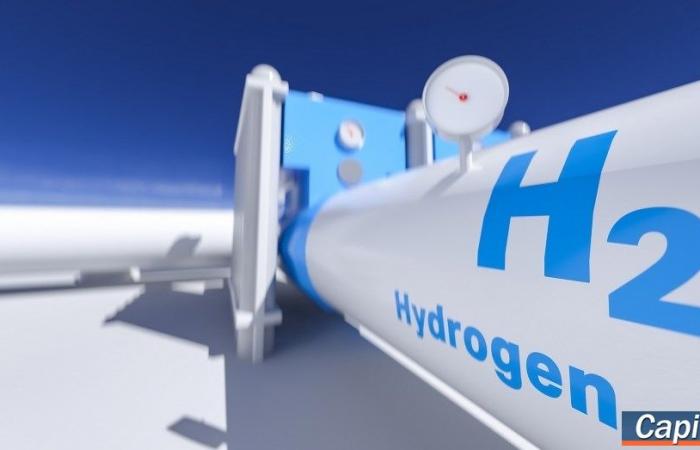It seems implausible that the beginning of an energy revolution would take place in a community in the dry savannah of West Africa. However, if proponents of the next big thing in sustainable energy are correct, we might all recall Bourakébougou’s name in the future.

This is due to the fact that the location, which is 55 kilometers (34 miles) northwest of Bamako, the capital of Mali, was the first location on Earth to be powered by natural hydrogen, a pure gas that seeps from the earth-like crude oil or methane.
Since the occurrence is so unusual, few geologists have given it any thought up until lately. A water well at Bourakébougou that had been sealed off in 1987 due to an explosion caused by the air rising from it was unplugged in 2011 by Montreal-based Hydroma Inc. 98% of the hydrogen found in the exhalations was subsequently burned to produce electricity for the community.
That sequence of occurrences appears to violate accepted geochemistry. One of the reasons hydrogen combines with carbon so easily to form fossil fuels is that it is one of the most reactive elements. As a result, natural hydrogen is frequently thought to be incredibly rare in nature.
Gas chromatography, a method used by scientists to determine the composition of gaseous mixtures, frequently uses natural hydrogen as a carrier material, making it impossible to detect in samples from subterranean wells. This is because hydrogen’s importance is so underappreciated.
The prevailing understanding is now being challenged by a flood of fresh findings, just as natural hydrogen produced from water and renewable energy sources appear poised to displace fossil fuels in a variety of industrial sectors. Wildcatters have discovered natural H2 seeps besides Bourakébougou in Oman, New Caledonia, Canada, Russia, Australia, Japan, Germany, and New Zealand.
According to recent research, deposits in France might enable the nation to produce 3 million metric tonnes annually or almost a third of the green hydrogen that the European Union aims to be producing by 2030. The Australian company Hyterra Ltd., which is looking for natural hydrogen in the US, claims it can generate the element for $1 per kilogram, putting it on par with natural gas in terms of cost.
According to a study published in 2020, the total amount of natural hydrogen that is emitted globally each year may reach 23 million metric tonnes or more.
The transition to natural hydrogen might be the ideal approach for the current petroleum sector to decarbonize, retraining geologists and utilizing subsurface fluids to provide a sustainable fuel for the future.
There are only two issues with this optimistic outlook.
- The first is that we are incredibly ignorant of how natural hydrogen works. Crude oil extraction has a long history, and in the 18th century, geologists theorized that it originated from decomposing organic materials.
The cost of searching for hydrocarbon reserves has significantly decreased as a result of this scientific understanding and the wealth of knowledge that has grown afterward. - Scientists disagree on how it is even created, with the majority of ideas focusing on it emerging from the earth’s crust’s depths, bacterial activity, or chemical reactions. Although it’s unclear why “fairy circles” or other strange circular depressions in the earth emerge, seeps frequently seem to be connected to them.
It will be difficult for hydrogen startups to compete with the energy industry’s behemoths unless such issues are resolved and subsurface reservoirs are mapped out. The fertilizer that is so quickly consumed on the Great Plains may find Hyterra’s potential in Kansas and Nebraska to be an appealing alternative as a feedstock, but any factory built to take advantage of the resource will want to know if the wells will continue to produce for 20 years or two months. That still isn’t made clear.



